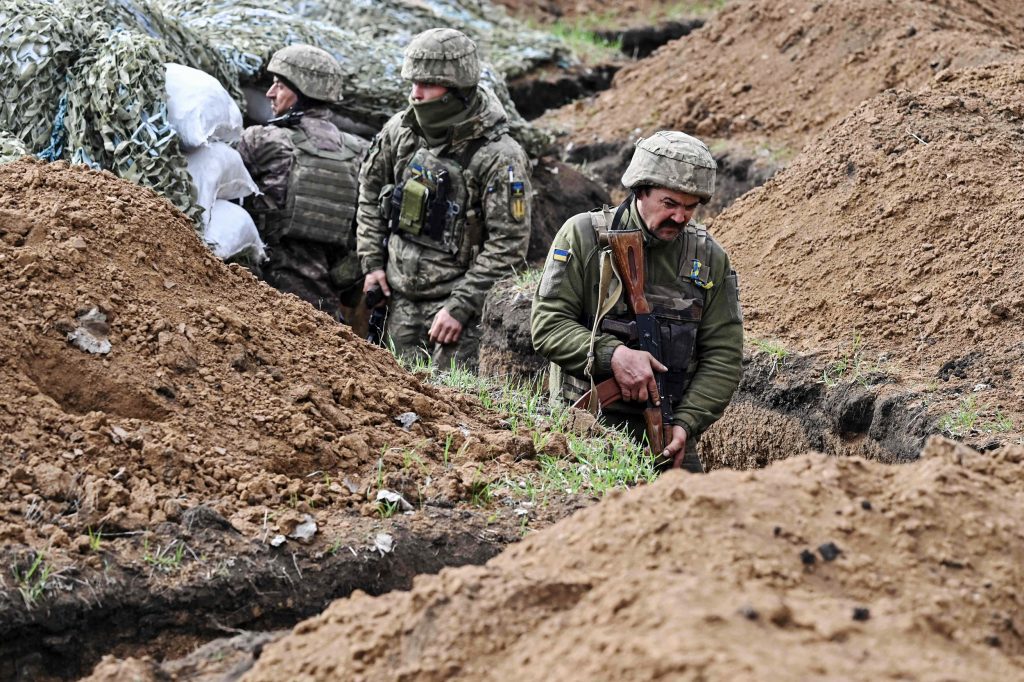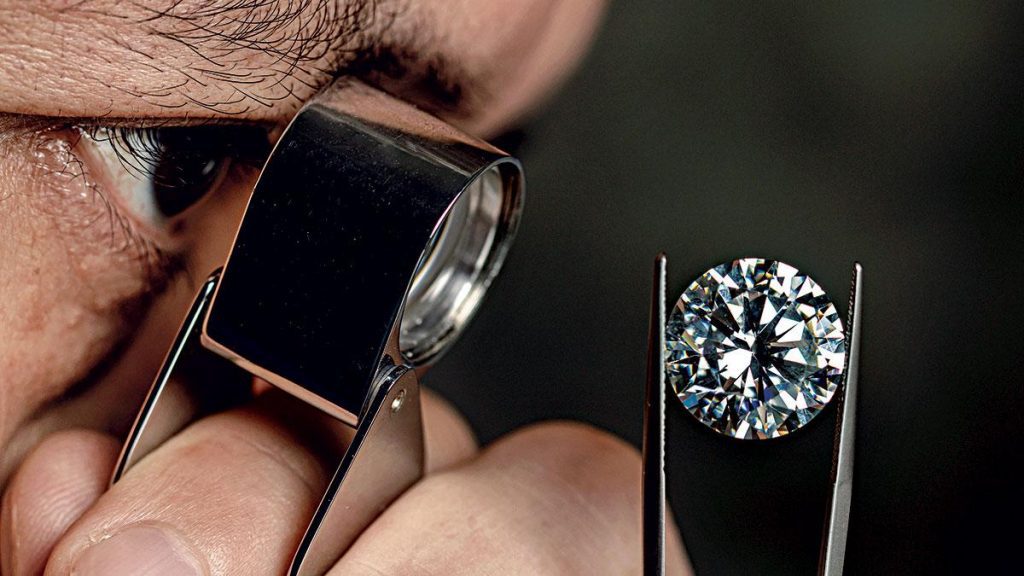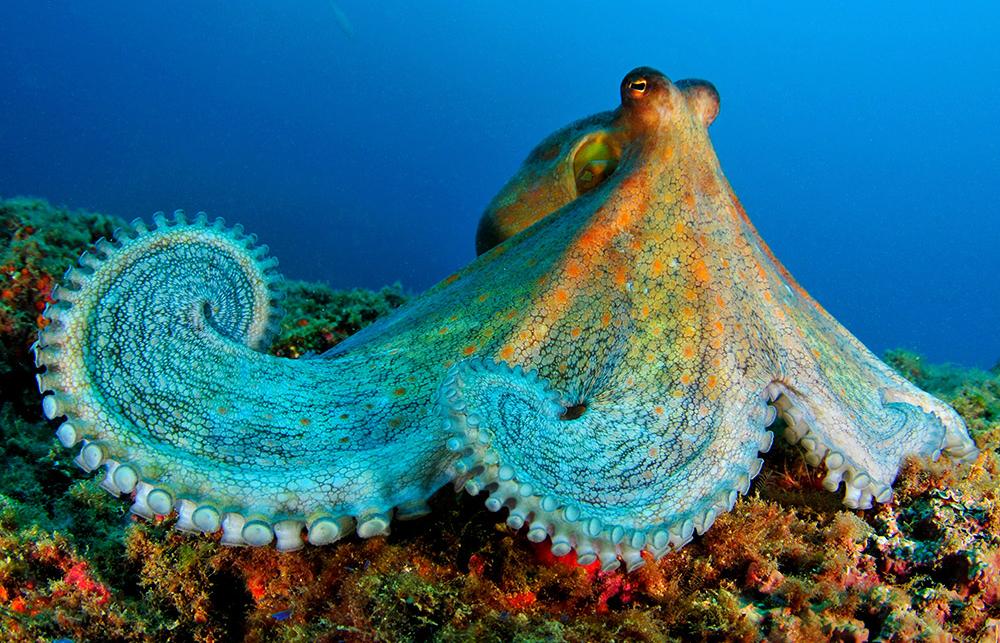Valeria Yezhova is only 11, but she is already the world champion in draughts, which is similar to checkers in the United States. She has also given more than $4,300 to the Ukrainian army, both through charity money and by helping military units directly. The Kyiv resident got the money by playing the game with volunteers and even judges from the High Anti-Corruption Court as they walked to the grocery store. Those who lose the game must give any amount of money, according to her rules. But she says that only a few people have been able to beat her at draughts.
After Ukrainian troops freed the area where her grandparents live in Bucha, she thought it would be a good idea to help the army. Yezhova says, “It seems to me that Ukrainian children today, no matter how old they are, are aware that there is sadness and war all around them.” “Ukrainian kids have a lot of morals.”


Then she says, “Russians don’t have this much guilt.”
Charity Set Up By The Famous Ukrainian Showman
Yezhova gave about $570 of her first tournament winnings to the Serhiy Prytula Foundation, a charity set up by the famous Ukrainian showman, humanitarian, and former member of the pro-European Holos, or Voice, party. After Russia’s invasion started on February 24, 2022, the group became well-known for its successful crowdfunding campaigns to buy three Bayraktar TB2 unmanned combat aerial vehicles, kamikaze drones, and Spartan armored personnel carriers, as well as to help Ukrainians in need.
Yezhova also showed other kids how to be good. Since last summer, when she gave her money to the Serhiy Prytula Foundation for the first time, kids have given around $168,000 to the group.
Anna Hvozdiar, who runs the foundation, says that Ukrainians of all ages and walks of life, including children, adults, businessmen, people who have been forced to move, and others, regularly give money to good causes, no matter what. She remembers that people who barely got out of Russian-controlled areas once gave away all their money, which added up to about $40,000.
Hvozdiar says, “This is a huge gift because the people who saved their whole lives and got out of the occupation with a lot of trouble gave us everything they had.” “For me, this donation is very big because it is a certain level of trust that we have to justify.”
Old Ladies Helped Buy Bayraktar Drones
She also remembers how even “old ladies” helped buy Bayraktar drones, even though the average pension in the country is about $125 and the average pay is about $390. She says that everyone wants to help and work toward future success.
Oleg Karpenko, who is in charge of relationships at another big charity called Come Back Alive, says that an 87-year-old man gave $30,000 to the army through the charity at the start of the full-scale war. And he still gives some of what he makes to charity.
Karpenko says that the kind man has a simple reason for being kind. “He says he wants to die in a Ukraine that is on its own. And he really feels bad about what is going on.”
Since Russia started a full-scale attack on Ukraine, millions of Ukrainians have been giving a portion of their income to good causes, such as buying weapons. About half of Ukrainians usually give to charities or volunteer, and another quarter do the same, but not as often. For a lot of people, it’s a way to help with the war, deal with stress, and get back at Russia for all the pain it keeps causing Ukrainians. As Russian forces try to break the spirits of Ukrainians and take away more and more of their basic needs by stepping up attacks on the country’s vital and civilian infrastructure, Ukrainians are getting angry and giving more money to charities.
“SOMETHING VERY MASSIVE”
Back in 2014, when Russia first invaded Ukraine and took over Crimea and part of the Donbas area, volunteers helped provide some of the ammunition for the Ukrainian military. Things have changed a lot over the years. For example, the Ukrainian army is much better armed and prepared now than it was nine years ago. But it still needs money put into it.
Prime Minister Denys Shmyhal of Ukraine says that one day of war costs the country $54 million in state budget costs and $4 billion in losses. Even though Ukraine raised its defense budget for 2023 to more than $30,9 billion and then raised it again, the money is still not enough.
That’s where big charities and individual workers come in. In addition to the Serhiy Prytula Foundation, other well-known Ukrainian charities are Come Back Alive and the state-run United 24. Yet another major fundraising source for the Ukrainian army is a special bank account of the National Bank of Ukraine. Together, they raised almost $1 billion since the beginning of Russia’s attack.
The funds come from both Ukrainian and foreign donors, but Ukrainians, clearly, take the lead here. Naya Novak, the coordinator of the communications department at the Serhiy Prytula Foundation, says that about 20% of all donations to the group come from abroad. But these numbers aren’t quite right because the sum is only based on cash payments.
Ukrainians and Their foreign friends have raised millions
By working together, Ukrainians and their foreign friends have raised millions of dollars for specific campaigns in just a few days. For example, Prytula’s foundation and Ukrainian blogger Ihor Lachenkov helped raise money for the Bayraktar combat drones through a crowdfunding campaign. People gave more than $16 million in three days, which is enough to buy four drones.
Novak says that 60% of the money raised through crowdsourcing was less than $27. Baykar, a drone maker in Turkey, was so moved by the response that it gave away three drones for free. This made it possible for the foundation to buy a high-resolution satellite made in Finland that would show Ukrainian troops where Russian military positions were.
Hvozdiar says, “This is a story about when we are less afraid and feel like there are many of us.” “We move around Ukraine a lot, and people tell us they helped pay for Bayraktars at petrol stations and in stores. Large donation campaigns are very important for people to take part in. We give them the chance to be a part of something very big by running such big projects.”
As attacks get worse, Ukrainians give even more money than they usually do. “The number of donations tends to go up when shelling is going on,” says Karpenko of Come Back Alive. “They go up by 30% to 40% on average.”
Following Russia’s massive missile attacks on major Ukrainian cities last year, Prytula’s foundation and activist Serhii Sternenko started a “revenge” crowdfunding campaign to buy RAM IІ kamikaze drones. They collected around $9.5 million, enough to buy 142 drones for the Ukrainian army.
People were afraid
Hvozdiar says, “People were afraid for themselves, their children, and their relatives.” “Everyone felt it. For instance, a rocket landed near my house. I understand how you feel and why you’re afraid. Ukrainians are getting angrier and angrier at the enemy.
Even when Ukrainians don’t know what their donations are for, that doesn’t stop them from giving. So it was with the Black Box ad that Comes Back Alive started. People know and trust this charity, which has been around for nine years. Its goal is to help the Ukrainian military in any way it can, from buying weapons and equipment to training troops and giving them first aid. Without knowing any details—organizers share very little, understandably—Ukrainians joined together to contribute more than $6 million to the Black Box project. The organizers did say that the Ukrainian intelligence uses “this thing” and that it has already produced results.
SOMETIMES, BANKS GET IN THE WAY
Not all Ukrainian soldiers seek help from big charities. Many turn to private workers or their closest friends and family, who raise money through crowdsourcing and put it in their own bank accounts. State-run PrivatBank and Monobank, operating under the Universal Banking License, are among the most-used institutions for this reason.
With Monobank’s “charity jars,” which have become very famous among Ukrainians, you can give money with just a few clicks. To make the transaction, a user goes via the link to the jar, or scans a QR code, making a remittance without any commission.
Oleg Gorokhovskyi, the cofounder and commercial head of Monobank, says that Ukrainians gave almost $300 million through these charity jars over the past year.
Iryna Lutsak is one who uses this function quite often. She gets money for the military unit where her boyfriend, Artem Holub, serves. She does this and other things to do this. Since October 2022, when she found out that her boyfriend was on the front lines, she has gotten more than $70,000. This amount paid for a Starlink device, a power generator, thermal imagers, car repairs, and weapons that shoot down drones.
But one day, when she went to a store with her card, she couldn’t use it to pay because Monobank had stopped her account because of some cash deposits that seemed strange. Some people who try to raise money for charity can run into the same problem, since hundreds or thousands of people may send them money at the same time. Banks consider these acts suspicious.
Monobank Unblocked Lutsak’s Account
Monobank eventually unblocked Lutsak’s account after she showed proof that she was, in fact, raising money for the military. She was able to send the bank a few receipts for things she bought, screenshots of Facebook posts about the crowdfunding, and pictures of thank-you notes to people who bought the things her boyfriend’s unit needed. This was enough to prove to the bank that she wasn’t trying to scam them.
We asked Monobank for a comment on how the bank handles gifts, but they haven’t gotten back to us yet. But a leader at PrivatBank told Fast Company that the bank doesn’t usually take restrictive actions and that it only asks for more papers “if it has no other way to figure out if the financial transaction is clear.”
GETTING CREATIVE AS DONATIONS SHRINK
Despite the fact that Ukrainians donate regularly, the economic downturn has taken its toll on people’s earnings, and donations have decreased compared to the beginning of the full-scale invasion, say officials of Come Back Alive and the Serhiy Prytula Foundation.
Because of this, some charities are looking for ways to get more people from other countries involved in their crowdfunding efforts. Come Back Alive, for example, is going to open a branch in the United States. There, it doesn’t plan to raise money for military reasons, but it will raise money for the development of analytics in the military field, the adaptation and reintegration of veterans, and the demining of the Ukrainian territories. Karpenko really wants it to happen this summer.
“We know that there are more wants and needs,” he says. “Because of this, we won’t be able to do the projects we want to do with only money from Ukrainians.”
Back at the Prytula Foundation, Hvozdiar says that it, too, plans to do more work abroad, but not right now. At the same time, she asks people from other countries to give more money to the cause. She says that Ukraine is the last country between Russia and Europe, so if Ukraine falls, Russia will attack Poland and other countries: “If NATO fighters from different countries don’t want to die in Poland tomorrow, it is important for Ukraine to win today so that the war stops, ends here, and never happens again.”




